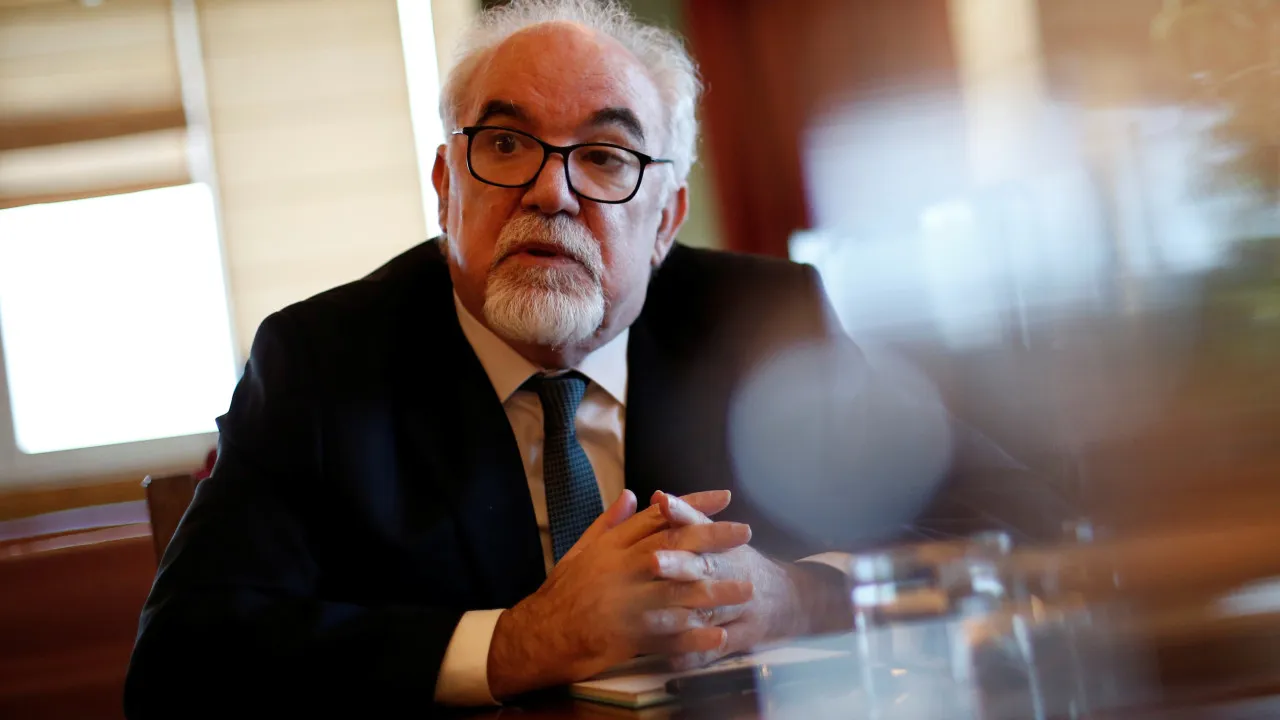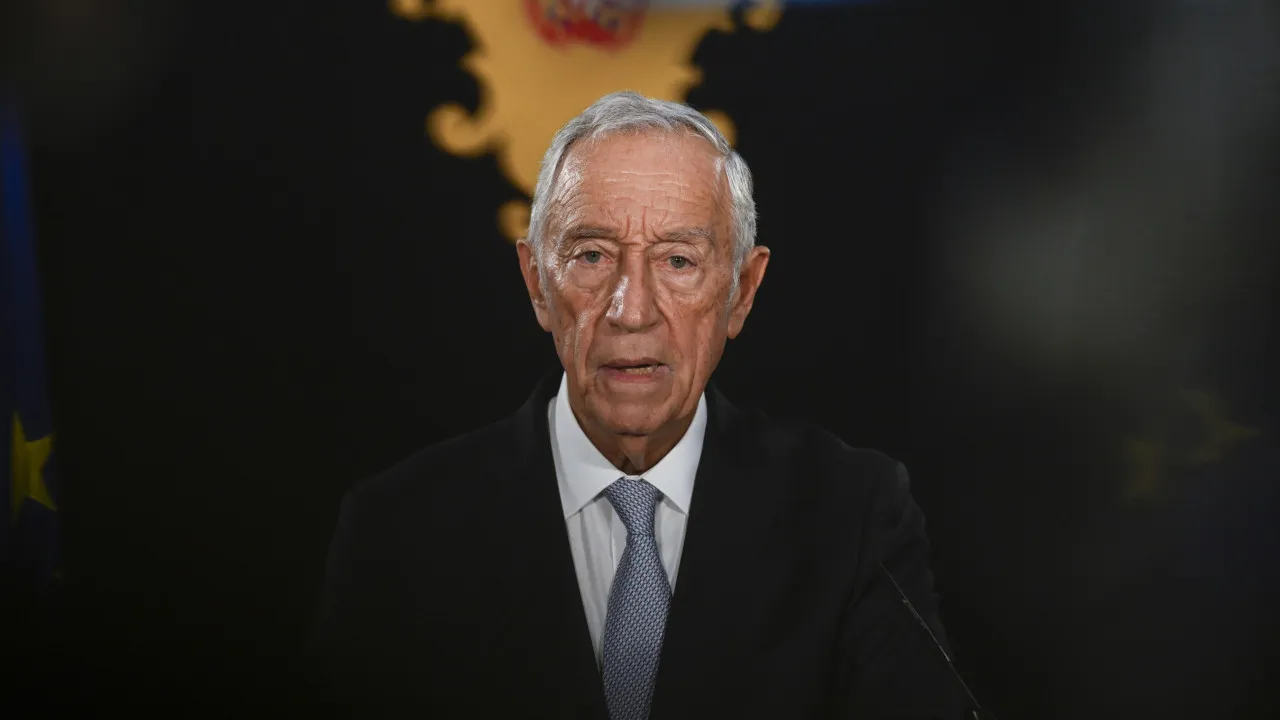
These warnings were issued by two socialist leaders during the presentation of Ana Sofia Antunes’ candidacy for the Oeiras City Hall, currently headed by the independent Isaltino Morais.
The campaign manager and veteran socialist José António Vieira da Silva was the first to caution that “Portugal is experiencing a unique moment in its democratic history, where for the first time since the April Revolution of ’74, anti-democratic political forces have national expression.”
“For all socialists, for all democrats, this cannot but signify unrest. It calls for reflection, but mainly a need for action,” he urged.
Offering high praise to Ana Sofia Antunes for accepting a “difficult challenge,” Vieira da Silva emphasized that “from now on, in the coming years, every election, as always, but particularly at this moment, will be battles for democracy to prevail.”
“To defeat falsehood, to allow those misled by demagoguery, deception, simplistic rhetoric the chance to realize there is indeed a fundamental difference between those who fight for democracy and those who fight against it,” he underlined.
Vieira da Silva absolved voters from blame for the current political situation in the country, pointing instead to “those who lead them into deception, lies, regression, setbacks, into the past rather than the future.”
The veteran socialist argued that Ana Sofia Antunes, having been an “excellent deputy,” attracted “hatred from democracy’s opponents,” alluding to Chega, after a deputy from that party remarked during a past legislative debate that the visually impaired socialist can only “engage in topics unfortunately involving disability.”
For those predicting the electoral battle in Oeiras is “already decided from the outset,” Vieira da Silva highlighted that this “is not the PS’s vocation,” which is “present in all battles defending progress, humanism, and democracy.”
PS candidate Ana Sofia Antunes started her speech by warning that the country lives in “times when democracy is tested with every decision” and “rights we considered acquired are daily put in question.”
“Times when many, out of fear or disappointment, distance themselves from politics. In this scenario, I understand that municipalities gain prominence. They are more than local administrations; they are the frontline in defending democracy and quality of life,” she emphasized.
The former government official recalled her political journey, stating she did not reach this point “by chance” and emphasized that being blind was never an obstacle for her but rather “a characteristic that sharpened the capacity to fight.”
“Seeing is a function of the eyes; having vision is a choice, a conscious choice,” she stressed.
Believing Oeiras deserves “more and better,” Ana Sofia Antunes outlined her priorities for the council over about half an hour, especially in mobility, where the PS seeks to renegotiate routes with the metropolitan Carris and improve public transport connections between Sintra and Oeiras.
In housing, Ana Sofia Antunes commits to enhancing investment in conditionally rented buildings, reaching 2,500 buildings by 2030, financed by “available lines at the Institute for Housing and Urban Rehabilitation (IHRU), but also through new lines to be created by the European Commission, or even, if necessary, through the borrowing capacity of the City Council.”
Ana Sofia Antunes was born in Lisbon in 1981, but grew up in Vale de Milhaços, Corroios, in the district of Setúbal.
With a law degree, she practiced law in administrative, urban, and real estate law.
She served as a deputy in the Assembly of the Republic and, at the municipal level, was elected as a municipal deputy in Lisbon from 2009 to 2013 and in Arganil from 2017 to 2021. She served as the Secretary of State for the Inclusion of Persons with Disabilities from 2015 to 2024 and was the country’s first blind government minister.




